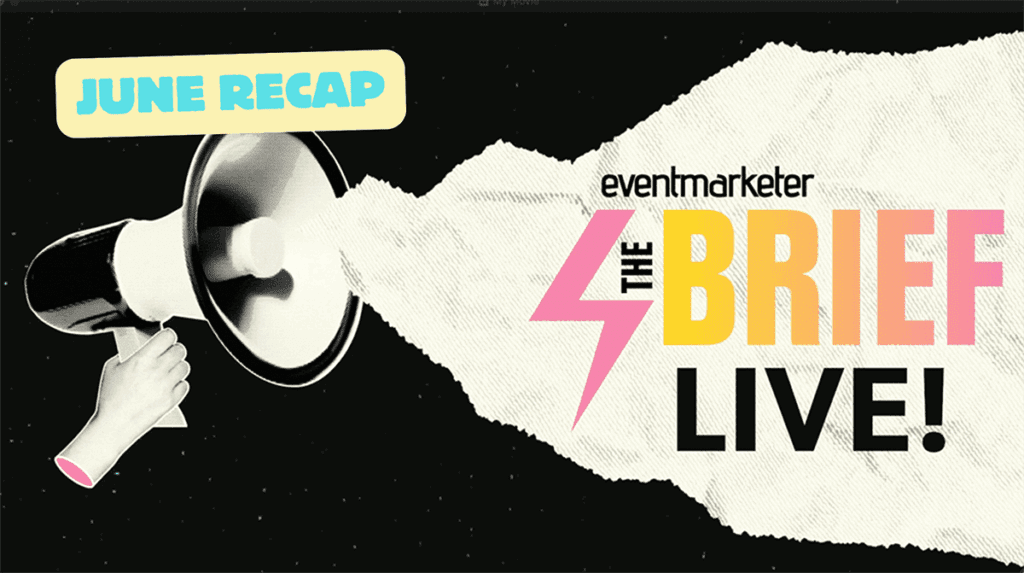Writer Richard H. Levey found an interesting quote when researching his story on the privacy positions of this year’s presidential candidates:
“One measure of a truly free society is the vigor with which it protects the liberties of its individual citizens…Modern information systems, data banks, credit records, mailing list abuses, electronic snooping, the collection of personal data for one purpose that may be used for another – all these have left millions of Americans deeply concerned about the privacy they cherish.”
Who said it? You’re wrong if you think it was Ralph Nader. It was Richard Nixon, speaking during his State of the Union address in 1974, which shows you just how long we’ve been debating this issue. Nixon also called for “a major initiative to define the nature and extent of the basic rights of privacy and to erect new safeguards to ensure that those rights are respected.”
That probably sounded pretty threatening to direct marketers, but there was nothing to fear. Congressional hearings held in ’74 and ’75 led to a privacy bill that allowed DMers to regulate themselves.
But that faith in self-regulation has eroded, and the things that helped forestall regulation then – i.e., the DMA’s Mail Preference Service – carry little weight with today’s privacy advocates.
In some ways, the industry has only itself to blame. The catalog of outrages includes stolen lists, misuse of personal data, employing prisoners to do telemarketing and data entry…and those are just the ones we know about.
But the current mania is also being driven by fears about the Internet, and about issues that have little to do with direct marketing – i.e., the trading of medical information. It’s a complex issue, and facile answers are no help.
That’s why we decided to put together a special report on privacy. It consists of several features, including an article by Patty Odell documenting the seriousness of the legislative threat and what DMers did to deserve it.
But this isn’t a finger-pointing exercise, and we’re happy to note that there is some good news. In the end, the debate may not even be about opt-in or opt-out, but about the nature of a company’s contract with the customer. In that light, it becomes relatively clear what to do.
Take the case of Procter & Gamble, which is profiled by Thom Weidlich. P&G not only has a privacy officer (a growing trend among responsible companies), it believes that the consumer owns his or her own data. Isn’t that what some privacy advocates have been saying for years?
That theme also came up in a roundtable on the subject. Our panelists concluded that privacy will be less of an issue for customer-centric companies.
We also have an article on MAPS by Whitehat.com founder Rodney Joffe. Rodney doesn’t see spamming as only a privacy issue-it’s also a technological and economic one. The section starts on page 125. Please let us know if you have some thoughts on it.
 Network
Network

